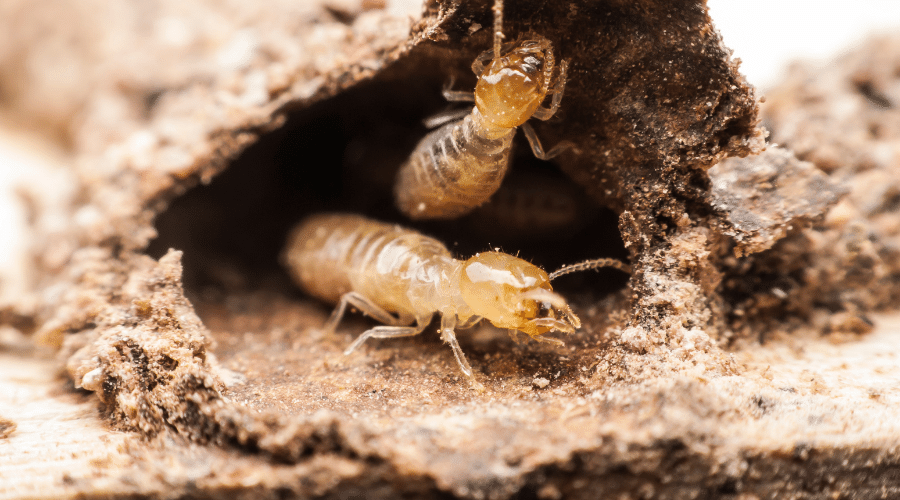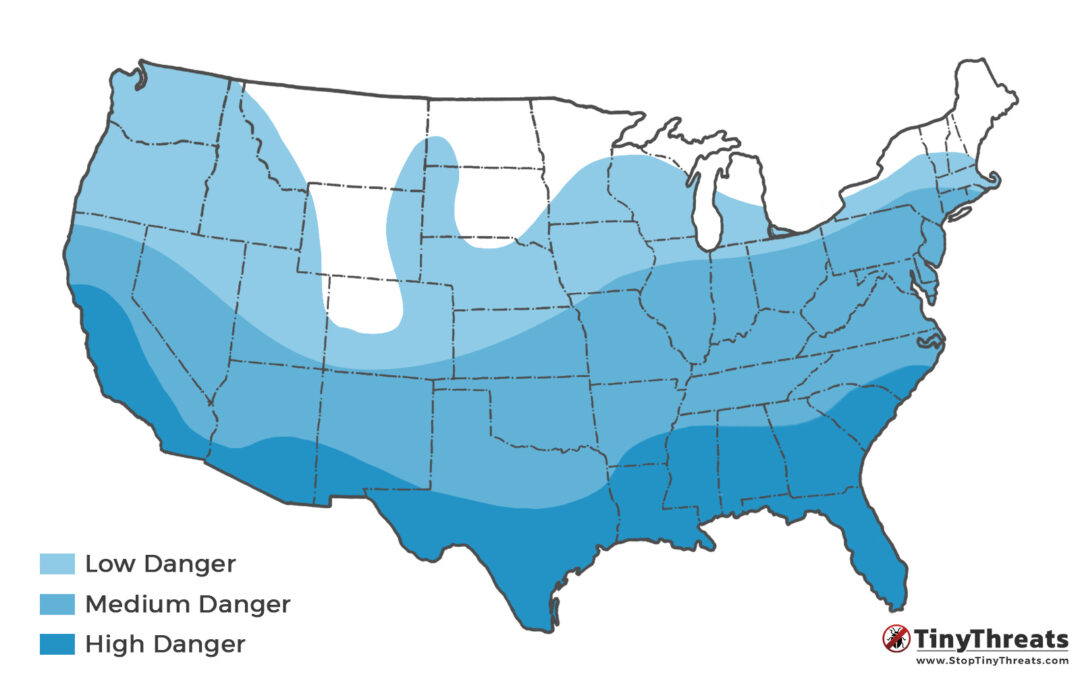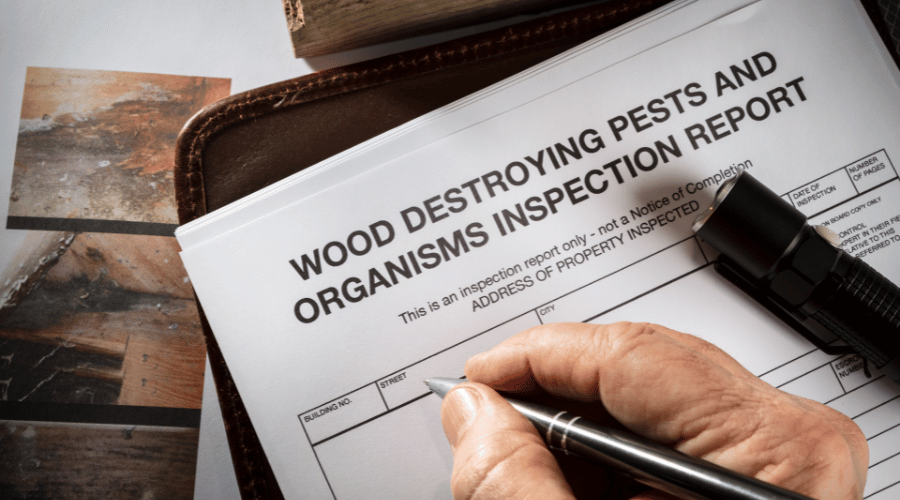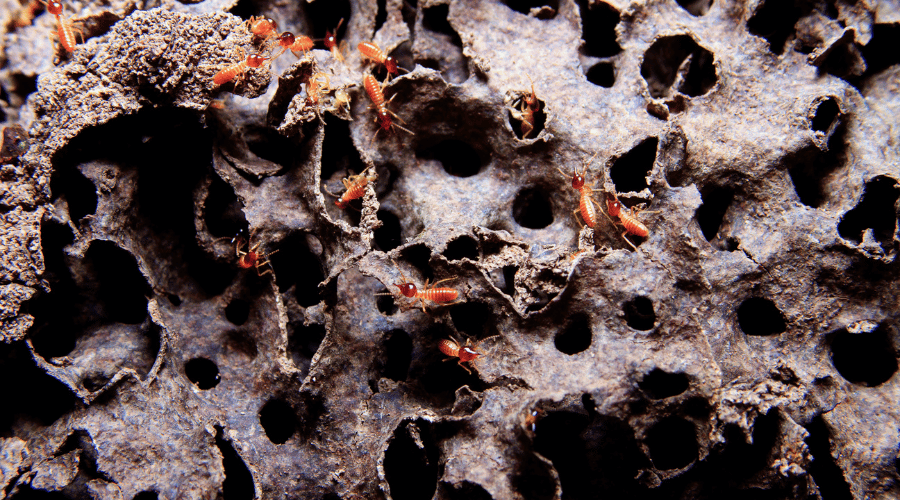Can you hear termites? is an important question to ask if you’re concerned about the health and soundness of your home. Termites can cause a lot of damage to homes, so it’s important to know if they’re present in your house and take action if necessary.
Listening is not the best way to locate Termites, but you can hear them! In this article, you will learn how.
Termites are small, hard-to-see creatures that live in colonies underground or in wood. They eat away at the wood grain, eventually causing structural damage to buildings and other wooden objects. If you think you may have a termite problem, it’s best to try and locate the little insects as fast as possible and decide on a course of action.
Table of Contents
Common Termite Noises in Walls
Termites work all day and night – but they are most likely to be heard at night when everything is quiet.
There are 5 sounds termites commonly make while they are eating through your walls. If you can identify those, you might notice a termite infestation early, and make treatment fast and easy!
Termite Rattling & Banging Sounds
The loudest sound is usually a sort of rattling sound that termite soldiers or workers make to communicate and warn the colony. This is usually done in case of danger, or when a new food source has been found.
This dry, fast-paced sound is created by termites banging their heads and jaws, or even banging their whole body against the walls of their tunnels.
Since termites are deaf, the vibrations created this way is how they can “hear” it.
For a great, loud example, check out this video.
Termite Clicking Sounds
As a result from termites relentlessly eating through wood, you may hear faint clicking sounds from within your walls. This may also be caused by soldier termites clicking with their larger mandibles.
However, you will rarely hear this sound – it is very faint. If you do hear clicking, there are other, more likely explanations.
Termite Chewing & Crunching Sounds
Similar to clicking, chewing and crunching sounds are a result from termites eating through wood.
Do Termites Hum?
During swarming season (spring and summer), the males (kings) will swarm and try to find a colony. As they have wings, you can often hear them buzz as they fly around.
Humming is not a sound typically associated with termites, though, especially from within your walls.
Other common signs of a Termite infestation
Termites are often called silent destroyers because they can chew through wood, flooring and other building materials without making much noise. That’s why you should always check for more reliable signs of termites if you think they may be in your home.
Here are some common signs that you may have a termite problem:
- Wooden beams or joists that sound hollow when tapped
- Mud tubes on exterior walls or foundation
- Pinholes or exit holes in walls
- Discarded wings near windows or doors
What to do if you have Termites
Termites can be a real nuisance and, if not treated early on, they can cause some serious damage to your home. If you suspect that you have termites, there are a few things that you can do:
First of all, call an exterminator right away. Termites are notoriously difficult to get rid of and DIY treatments often don’t work. The exterminator will be able to identify the species of termite and recommend the most effective treatment.
If the infestation is small, your exterminator may suggest using baits or traps; but for more severe cases they may need to use much more extensive procedures!
Make sure to contact your landlord first if applicable – termite problems are usually their responsibility.
If you are the homeowner, it’s in your own best interest to act fast. Termites can cause significant damage to the property!




